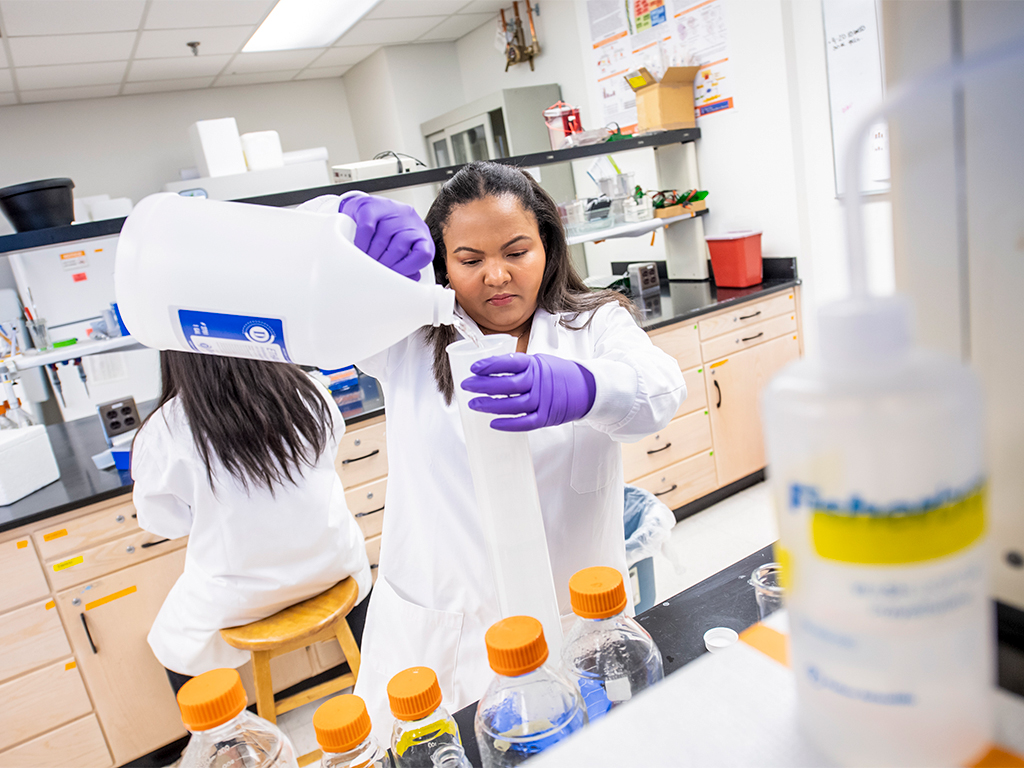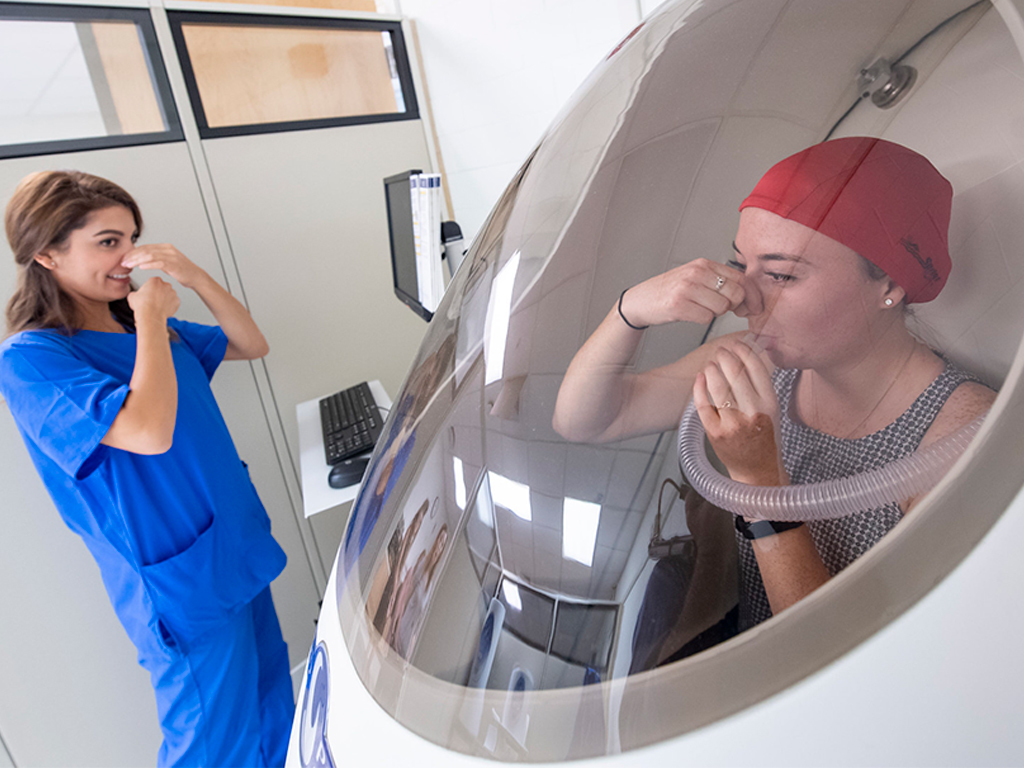Choosing a faculty advisor
Review the list of faculty members and their research areas to select your faculty advisor. You must have a faculty member willing to train them and serve as their major professor before they can be accepted.
More Information
More in-depth information can be found in the FSHN graduate handbook, or you can fill out our information request form and we will get back to you as soon as possible.


